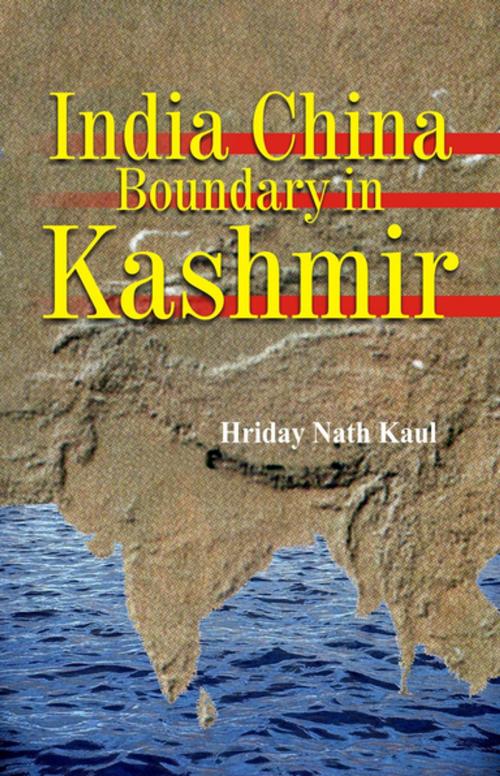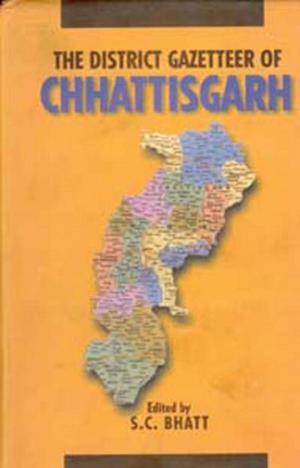India China Boundary in Kashmir
Nonfiction, Social & Cultural Studies, Political Science, International, International Relations| Author: | Hriday Nath Kaul | ISBN: | 9788121251655 |
| Publisher: | Gyan Publishing House | Publication: | June 30, 2016 |
| Imprint: | Gyan Publishing House | Language: | English |
| Author: | Hriday Nath Kaul |
| ISBN: | 9788121251655 |
| Publisher: | Gyan Publishing House |
| Publication: | June 30, 2016 |
| Imprint: | Gyan Publishing House |
| Language: | English |
The Kashmir section of the northern boundary is the heart of India’s boundary dispute with China. That is because Ladakh, of which the contentious Aksai Chin is a significant part, and Gilgit that stretched to the Little and Taghdumbash Pamirs, are central to India’s economic, political and military interests. Over these could run a distinctly possible autobahn or even a rail road to provide India her own commercial and political access to Central Asia. But then so are Tibet and Xinjiang, along the boundary, to which roads run from Ladakh and Gilgit, central to China’s interests. Therefore the eyeball to eyeball confrontation on the boundary for 50 years. The central and eastern sectors of the northern boundary are only pawns, an ultimate trade off, for Aksai Chin when time, China feels, is propitious for her. The boundary dispute is accentuated by an escalating economic and political rivalry worldwide between the two countries. This volume debunks many notions about the boundary dispute, delves deep into its different aspects to give a blow by blow account of as to how and why a conflict arose over the boundary. So also of the cloak and dagger diplomacy of Britain in Jammu and Kashmir State from day one it was born on 16th March 1846.
The Kashmir section of the northern boundary is the heart of India’s boundary dispute with China. That is because Ladakh, of which the contentious Aksai Chin is a significant part, and Gilgit that stretched to the Little and Taghdumbash Pamirs, are central to India’s economic, political and military interests. Over these could run a distinctly possible autobahn or even a rail road to provide India her own commercial and political access to Central Asia. But then so are Tibet and Xinjiang, along the boundary, to which roads run from Ladakh and Gilgit, central to China’s interests. Therefore the eyeball to eyeball confrontation on the boundary for 50 years. The central and eastern sectors of the northern boundary are only pawns, an ultimate trade off, for Aksai Chin when time, China feels, is propitious for her. The boundary dispute is accentuated by an escalating economic and political rivalry worldwide between the two countries. This volume debunks many notions about the boundary dispute, delves deep into its different aspects to give a blow by blow account of as to how and why a conflict arose over the boundary. So also of the cloak and dagger diplomacy of Britain in Jammu and Kashmir State from day one it was born on 16th March 1846.















